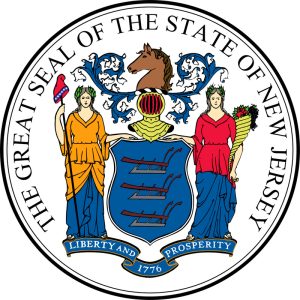
The New Jersey Tax Court held that a taxpayer was entitled to a refund of corporation business tax (CBT) for tax years 2011 and 2012 after determining the taxpayer correctly used a market-based sourcing methodology to source service receipts to New Jersey. In its unpublished April 11, 2024, opinion, the court rejected the argument that the law and regulations in effect during the tax years at issue, which preceded 2018 legislation adopting market-based sourcing, required the use of a cost of performance (COP) methodology.
 SeeSALT Blog
SeeSALT Blog



 A New York trial court held that charges for storage services rendered in New Jersey were not subject to New York sales tax despite the fact that the property was originally picked up in New York.
A New York trial court held that charges for storage services rendered in New Jersey were not subject to New York sales tax despite the fact that the property was originally picked up in New York.